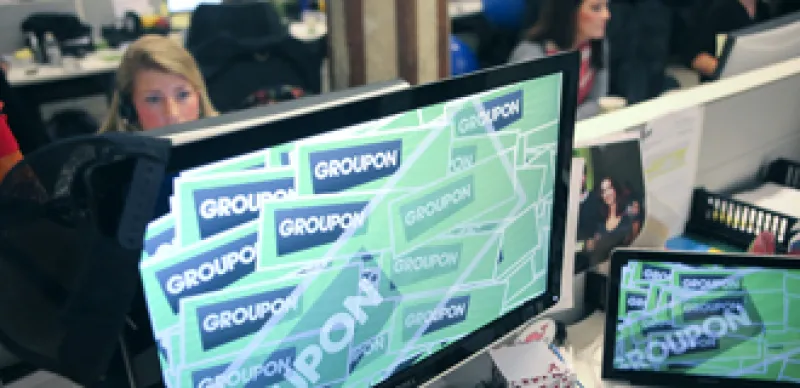
Internet Bubble 2.0 Has Formed, and It Won’t Last Forever
The soaring valuations of Facebook, Twitter and Groupon reflect the formation of a new Internet bubble that could be even bigger than the first one.
Steve Rosenbush
March 14, 2011


